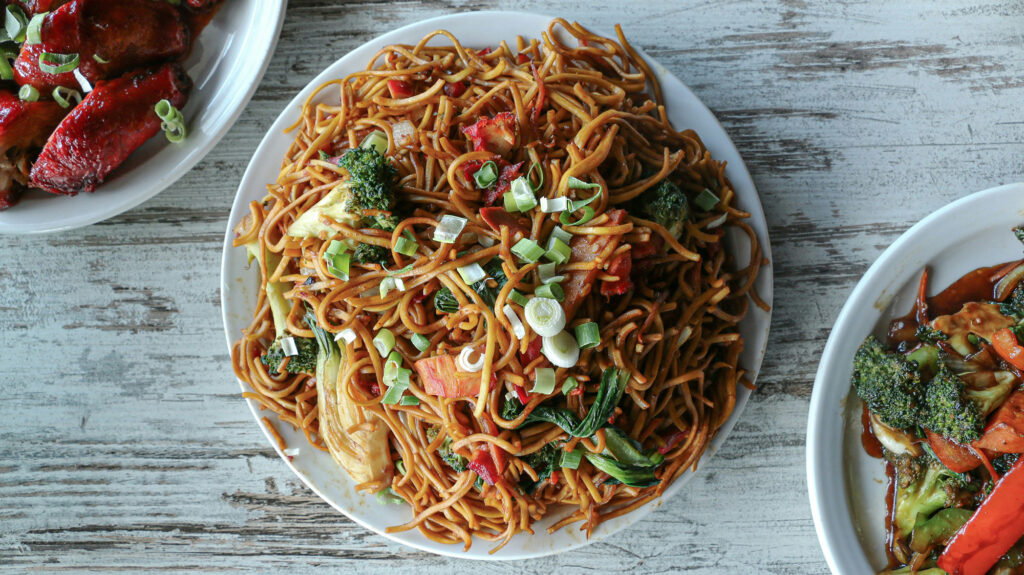Bananas are highly nutritious, but they can affect your glucose levels. They contain carbohydrates and natural sugars, including glucose, fructose and sucrose. These can affect the blood glucose levels in some people. Bananas can positively and negatively affect blood glucose levels, depending on the individual and the amount consumed.
Keep your blood glucose stable while eating bananas
• Fully ripened bananas have more sugars and carbs than slightly unripened ones. They also have less resistant starch content (1g/100g) than unripe bananas (21g/100g), making them a less healthy choice. You can also pair bananas with avocados. Avocado is rich in healthy fats and fibre and low in carbohydrates. It will help in maintaining your blood sugar levels while eating bananas.
• Pairing bananas with foods rich in protein and fat will even out the sugar metabolism. Try eating nut butter like peanut, almond, or walnut with bananas. Eating a handful of nuts, too, will give you the required proteins and fats.
• Try pairing your fruit with Greek yoghurt. It is a rich source of fats and proteins and helps prevent sugar spikes.
The glycemic index of bananas depends on their ripeness. However, on average, they rank low to medium on the GI. This means they do not release sugar rapidly into the blood when consumed in moderation. They are rich in vitamins and essential minerals, including potassium and magnesium. They are suitable for your health and blood sugar levels if eaten moderately.







